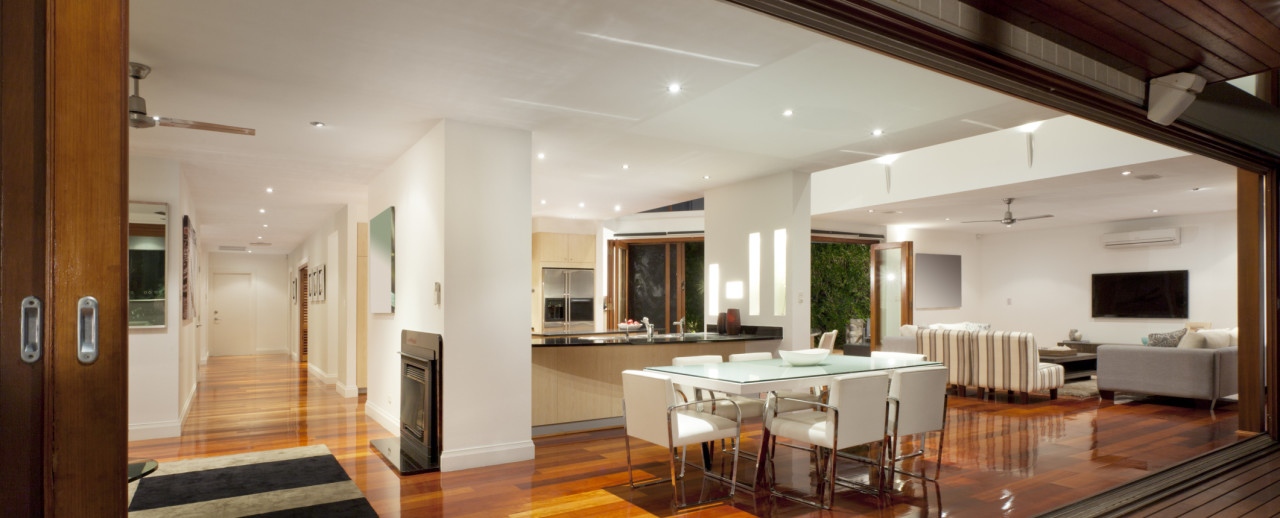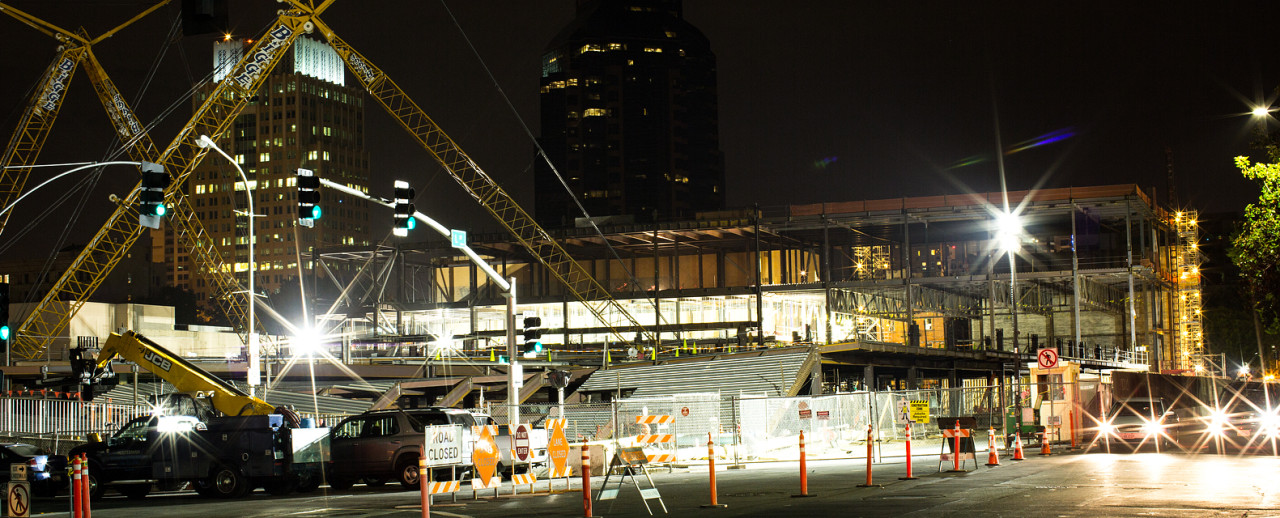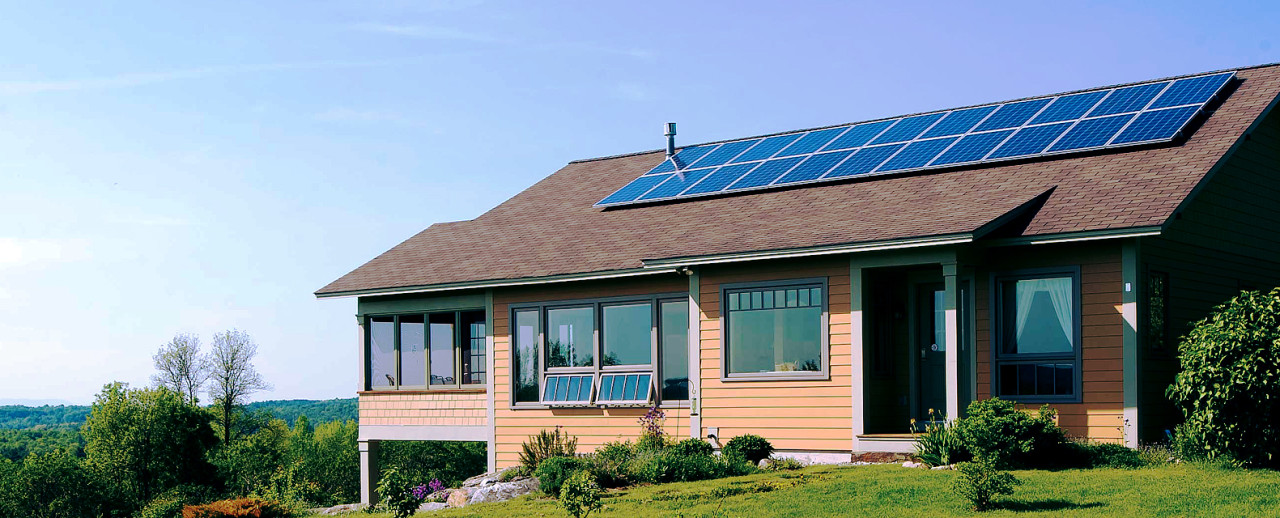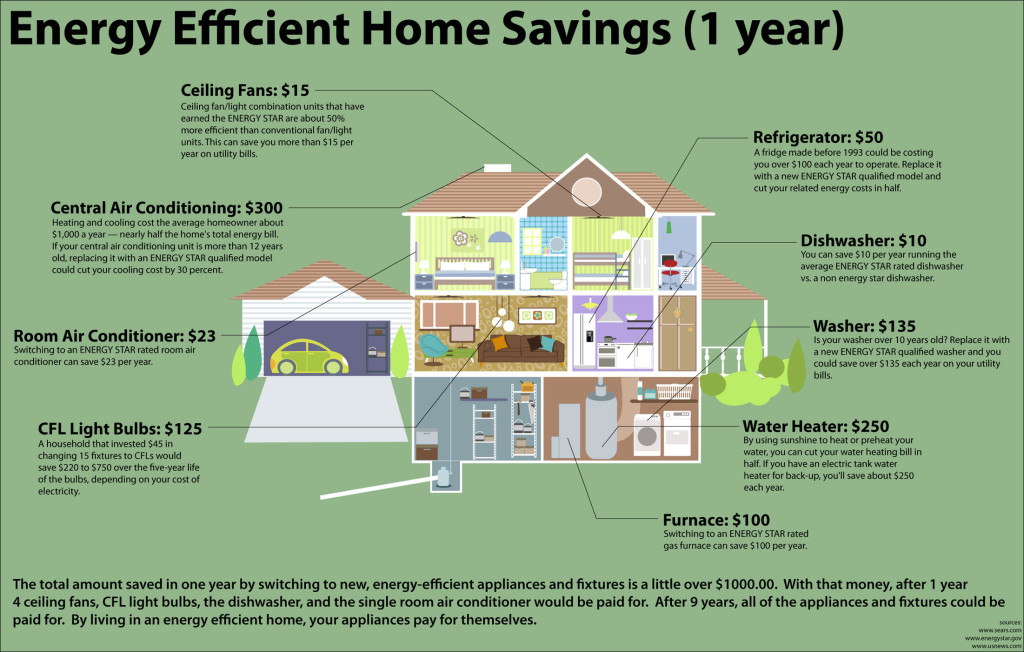Thinking “I can fix that!” is often the first step towards disaster when it comes to electrical work. Electrical work can be very complicated and have catastrophic results when not completed correctly.
Many people enjoy DIY work on their homes. With the advent of YouTube, Pinterest and instructional videos being readily available online, it is often tempting to home owners to skip the cost of an expert in the field and attempt their own home repairs. In some cases, this is perfectly fine! But when it comes to electrical work, unless you have extensive experience and training, it is better left to the experts. And here is why:
Electrical work, when not done properly, can be not only costly to repair to industry standards – it can be LETHAL.
• Fire: Every year thousands of electrical fires claim the lives and homes of owners all across America.
In 2011, an estimated 47,700 home structure fires were reported to U.S. fire departments involving some type of electrical failure or malfunction as a factor contributing to ignition. These fires resulted in 418 civilian deaths, 1,570 civilian injuries, and $1.4 billion in direct property damage.
Click here for more info.
Licensed electricians are well versed with a code book they follow published and updated every three years by the National Fire Protection Agency. When it comes to the safety of your family and home, it is worth every extra penny to ensure the work is done correctly and following all required safety standards.
• Bodily Injury or Fatalities: Electricity CAN be dangerous when not handled properly. Serious risks include fire or electrocution. Experienced electricians spend thousands of hours learning and implementing the safe practices when dealing with electricity. They spend time keeping up to date with new regulations and safety standards and know what to do in the event of an electrical emergency.
• Property Damage: Frying or melting the wires of the appliance or equipment, or worse–the wiring inside the walls can result in costly damage that DOES require an expert to fix. Only now, it costs even more because they have to not only correct the electrical issues, they have to resolve the damage caused by the incorrectly performed electrical work. In some states, insurance companies will not pay for any damages if electrical work is not done by a professional, licensed and insured electrician. Who wants that hassle and grief?
In conclusion, while there are MANY DIY home improvement projects that are perfectly appropriate to tackle as a home owner with limited experience, but armed with instructional videos and blog posts, ELECTRICAL WORK IS NOT ONE OF THEM! Electricity can be dangerous when not handled properly. To prevent harm to yourself, your family or your home please hire an expert for your electrical needs. A1 Electrical is a responsible, licensed residential and commercial electrical contractor that serves the entire Sacramento Area.
Have a job you need help with? Call us at (916)-482-3400
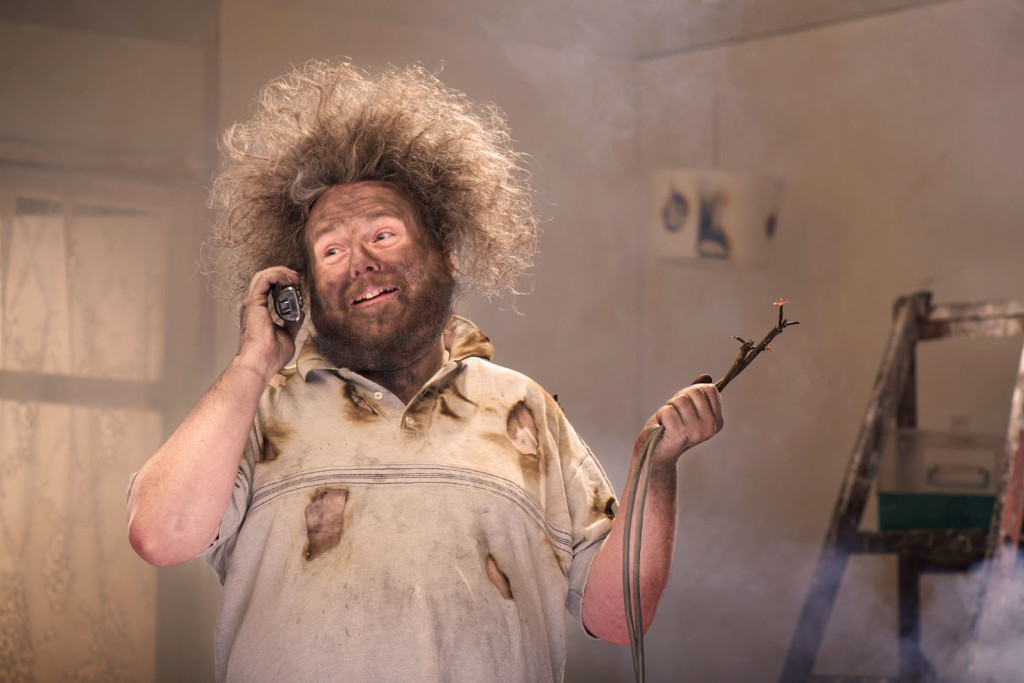
Call us, before you “need” us!
